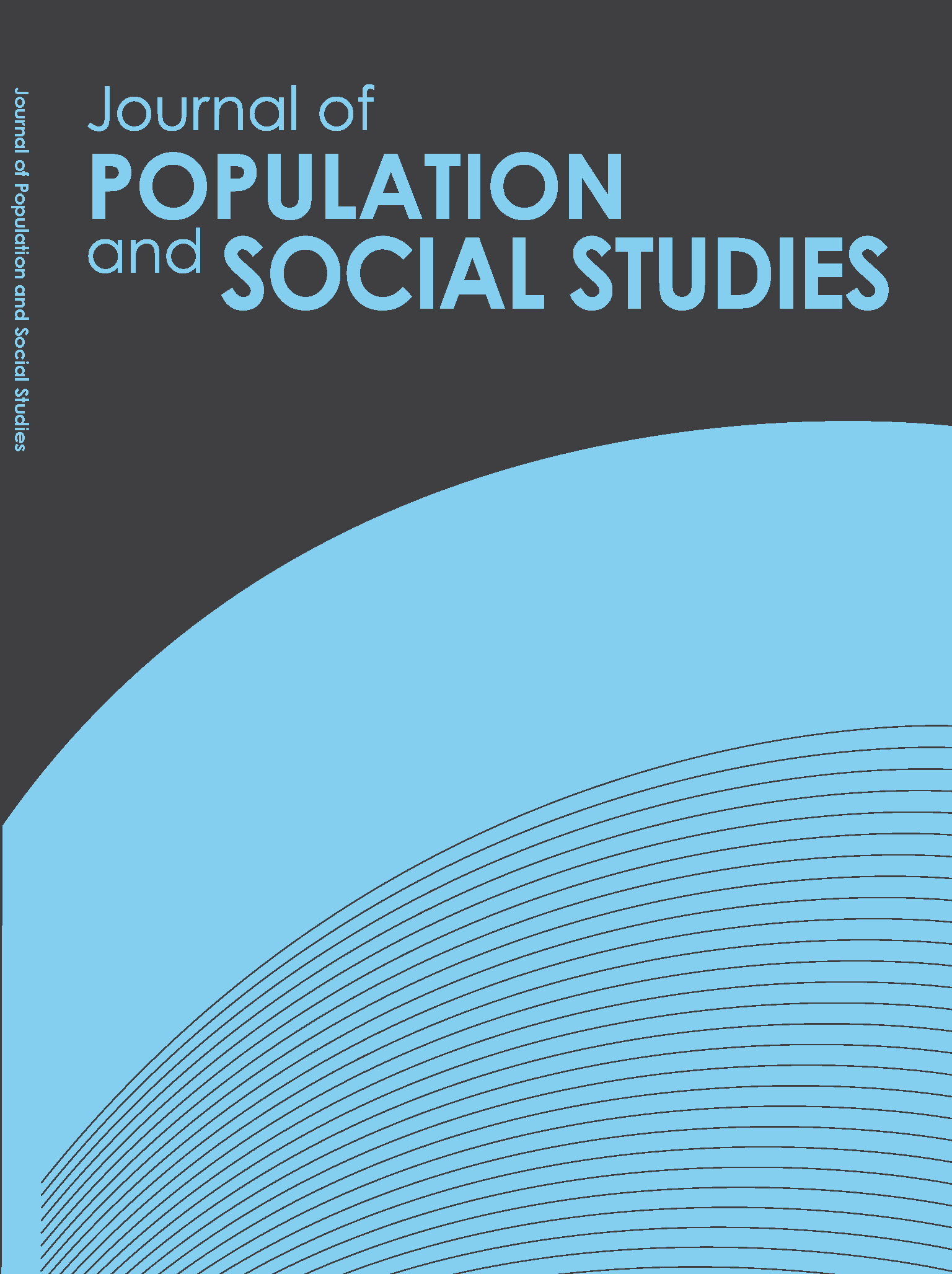Constructing the Third Identities Through Modern Northern Country Songs (Pleng Lukthung Kam Mueang): A Social History of Modernity in Rural Chiang Mai
Main Article Content
Abstract
This article argues that modernity does not have only one meaning. Various groups of people and individuals in any society are contesting over the meanings or identities of modernity. Various groups and individuals of Chiang Mai “new rural” people grow out of the hybridization of urban industrial and service economy combined with rural agricultural economy are also contesting over the meanings or identities of modernity. By hybridizing the State’s concept of modernity with their historical experiences or memories, they produce their own meanings or identities of modernity through the cultural space of Pleng Lukthung Kam Mueang or modern northern country song. It is the third identity that result from the people’s historical experiences or memories. It means that while the Bangkok ruling class endeavors to construct the static or unchangeable meaning of modernity in order to control the people, the people, in
turn, make the meaning fluid or ambiguous in order to free themselves from being dominated. Put it in another way the contestation of modern meanings or identities by the Chiang Mai rural people are, therefore, the anti-hegemony they produce against the hegemony produced by the Bangkok ruling class in order to destroy the dominant structure resulted from the elite’s meaning of modernity. It opens the way to new complicated relations among various groups of people in modern Thai society.
turn, make the meaning fluid or ambiguous in order to free themselves from being dominated. Put it in another way the contestation of modern meanings or identities by the Chiang Mai rural people are, therefore, the anti-hegemony they produce against the hegemony produced by the Bangkok ruling class in order to destroy the dominant structure resulted from the elite’s meaning of modernity. It opens the way to new complicated relations among various groups of people in modern Thai society.
Article Details
How to Cite
Chetpatanavanich, K. (2008). Constructing the Third Identities Through Modern Northern Country Songs (Pleng Lukthung Kam Mueang): A Social History of Modernity in Rural Chiang Mai. Journal of Population and Social Studies [JPSS], 17(1), 43–76. retrieved from https://so03.tci-thaijo.org/index.php/jpss/article/view/84563
Section
Research Articles


